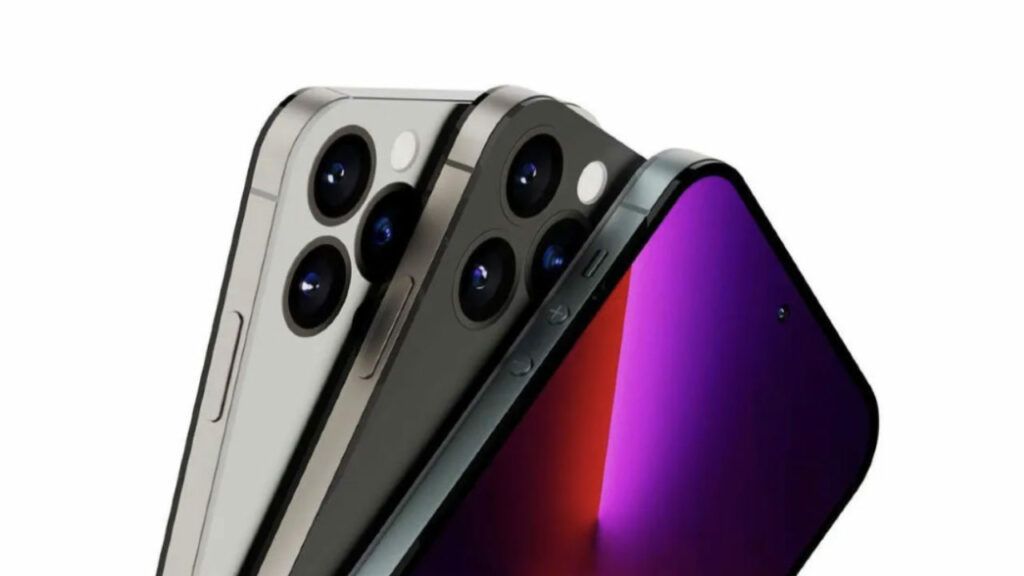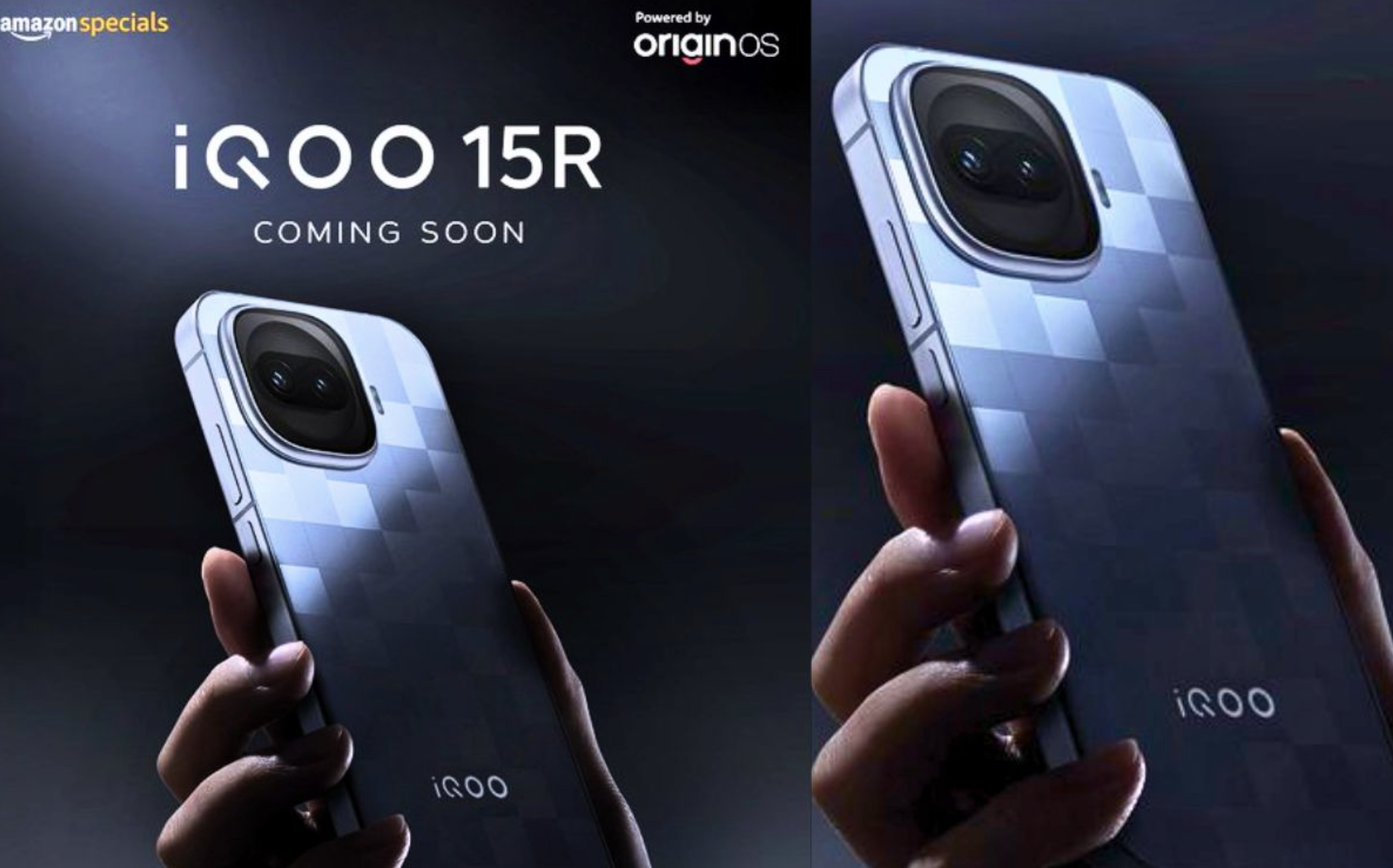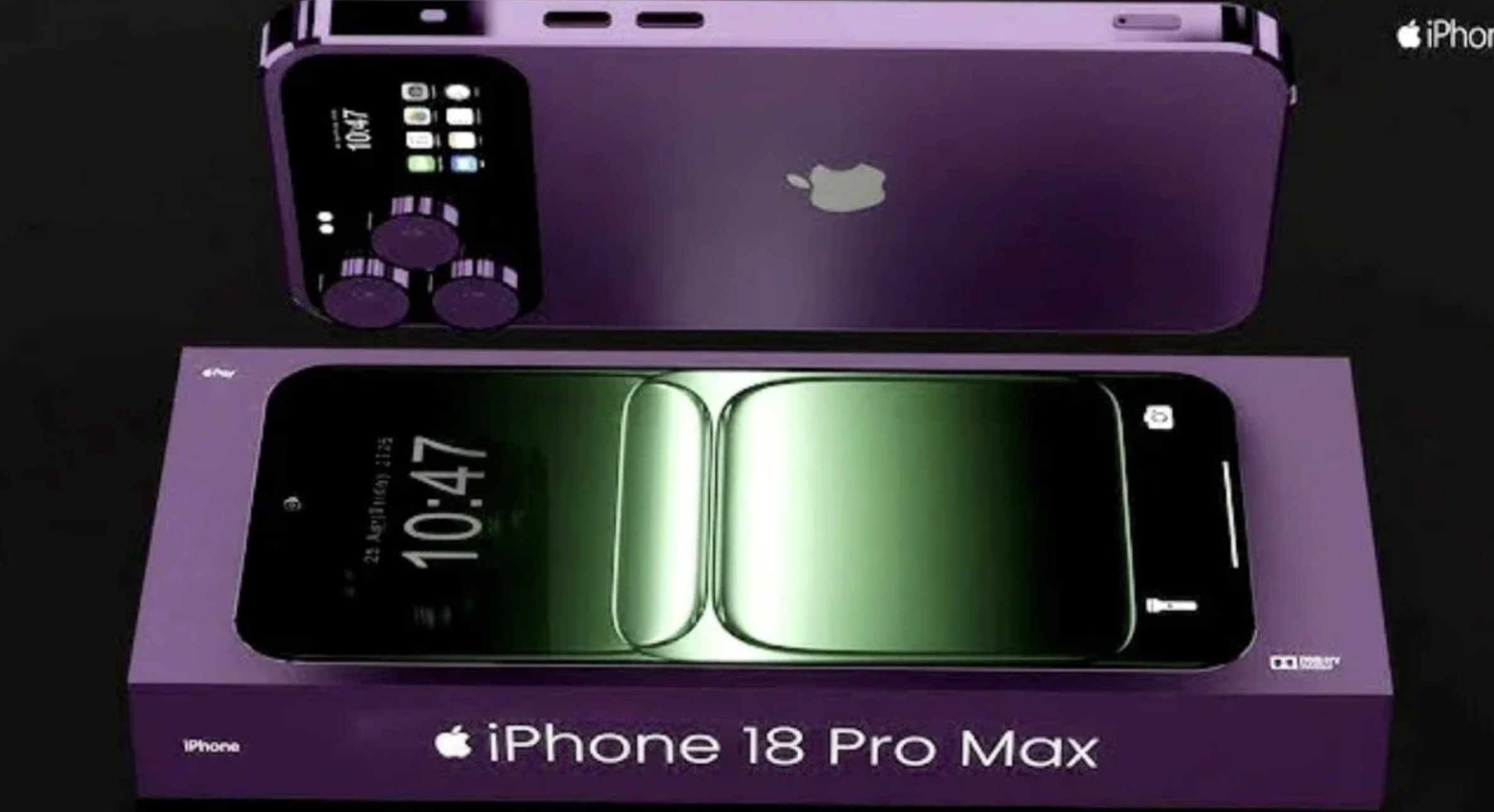Apple is set to introduce significant design changes in its upcoming iPhone 15 series, including the adoption of USB Type-C instead of its proprietary lightning connector.

This shift is reportedly driven by the EU legislation that mandates USB Type-C as the universal charging standard for electronic devices.
Apple to Be Banned in EU
The new iPhones are also expected to feature solid-state buttons and a mute switch. These changes come after years of anticipation and will bring Apple’s devices in line with the industry standard.
There is a potential risk of the iPhone 15 series, including the iPhone 15 and iPhone 15 Pro, being banned in Europe if Apple proceeds with its plan to switch to USB Type-C. This possibility arises from recent developments surrounding the EU’s regulations on charging standards.
In March, it was reported that Apple intended to limit charging speeds for users who do not use Apple-certified chargers and cables. This was followed by leaks suggesting that Apple’s USB-C MFi cables and EarPods were in production.
Now, it has been revealed that EU Industry Commissioner Thierry Breton has written a letter to Apple, warning them that if the new port is restricted to specific accessories, they may face a prohibition. The EU aims to provide guidelines by the third quarter of this year to ensure a consistent interpretation of the legislation.
Apple has a deadline until December 28, 2024, to adopt the USB Type-C standard. To comply with the regulations, Apple could potentially release Mi cables with a small authentication chip to verify their authenticity.
What is MFi by Apple?
To provide some context, the MFi (Made for iPhone) program by Apple ensures that customers are protected from potential risks associated with using uncertified chargers and cables.
The intention behind transitioning to Type-C ports was to have a universal cable that could be used with various devices. However, Apple’s strategy of limiting charging speeds for non-certified accessories has raised concerns.
If Apple proceeds with this approach, it could create difficulties for prospective iPhone 15 owners who may miss out on the new iPhones. The shift to USB Type-C was meant to simplify connectivity, but the potential restrictions imposed by Apple might complicate the situation for users who rely on third-party chargers and cables.
It remains to be seen how Apple will address these concerns and strike a balance between consumer safety and convenience. The final decision will determine the extent of compatibility and accessibility for iPhone 15 users.













